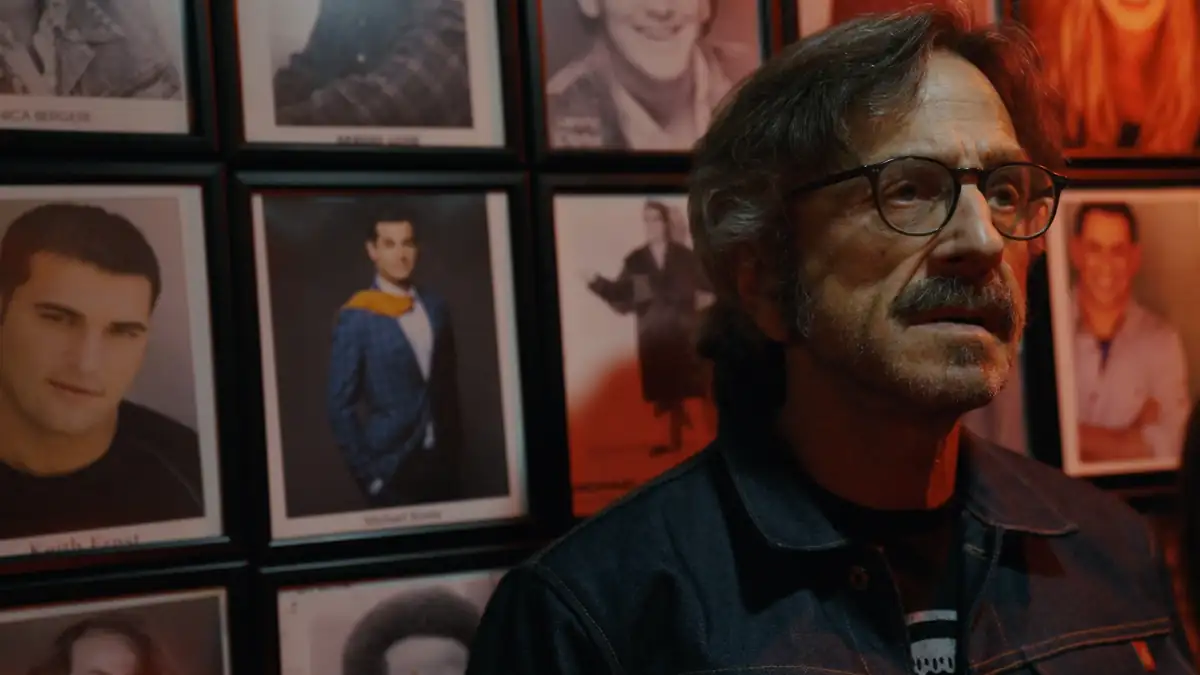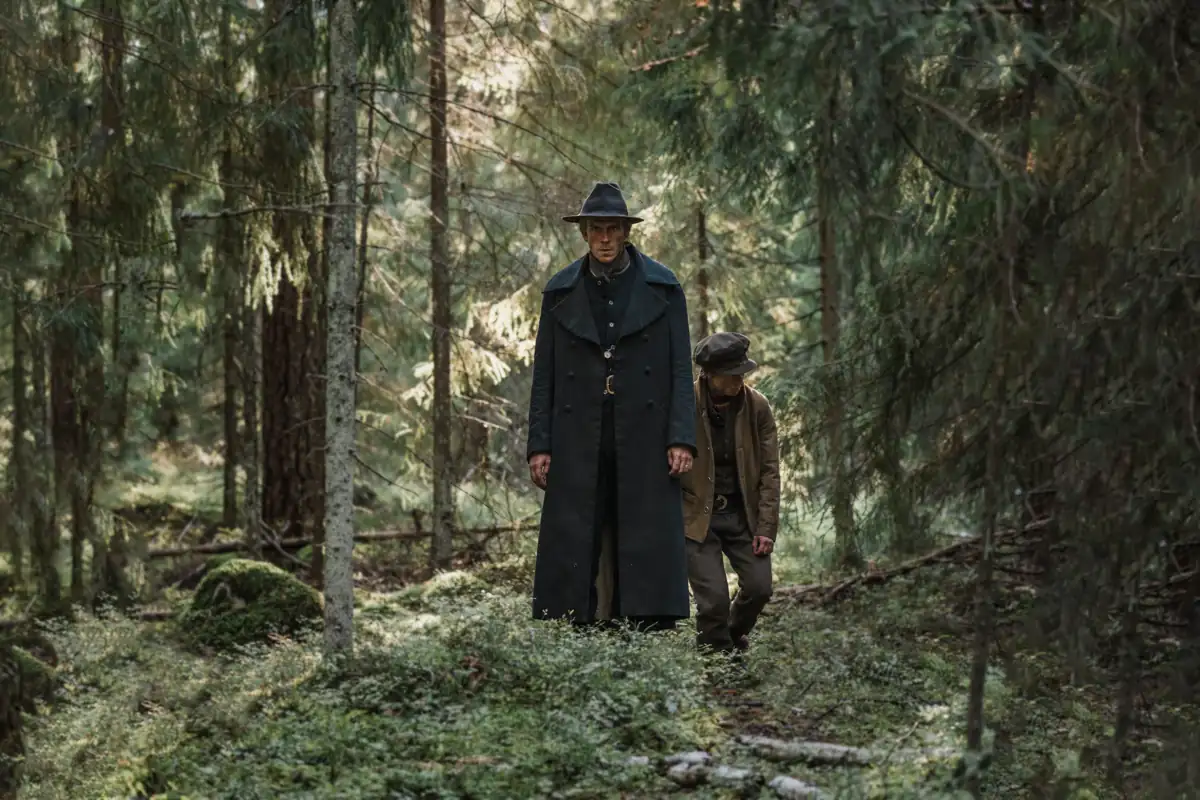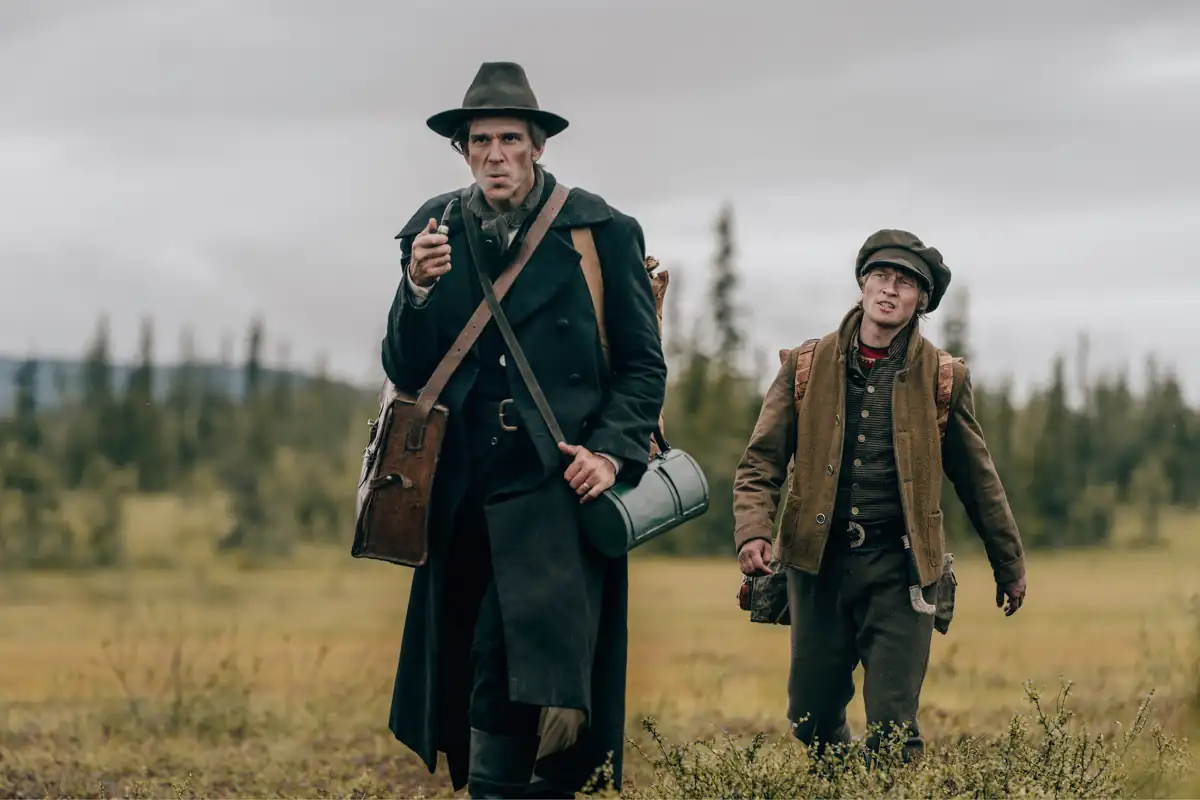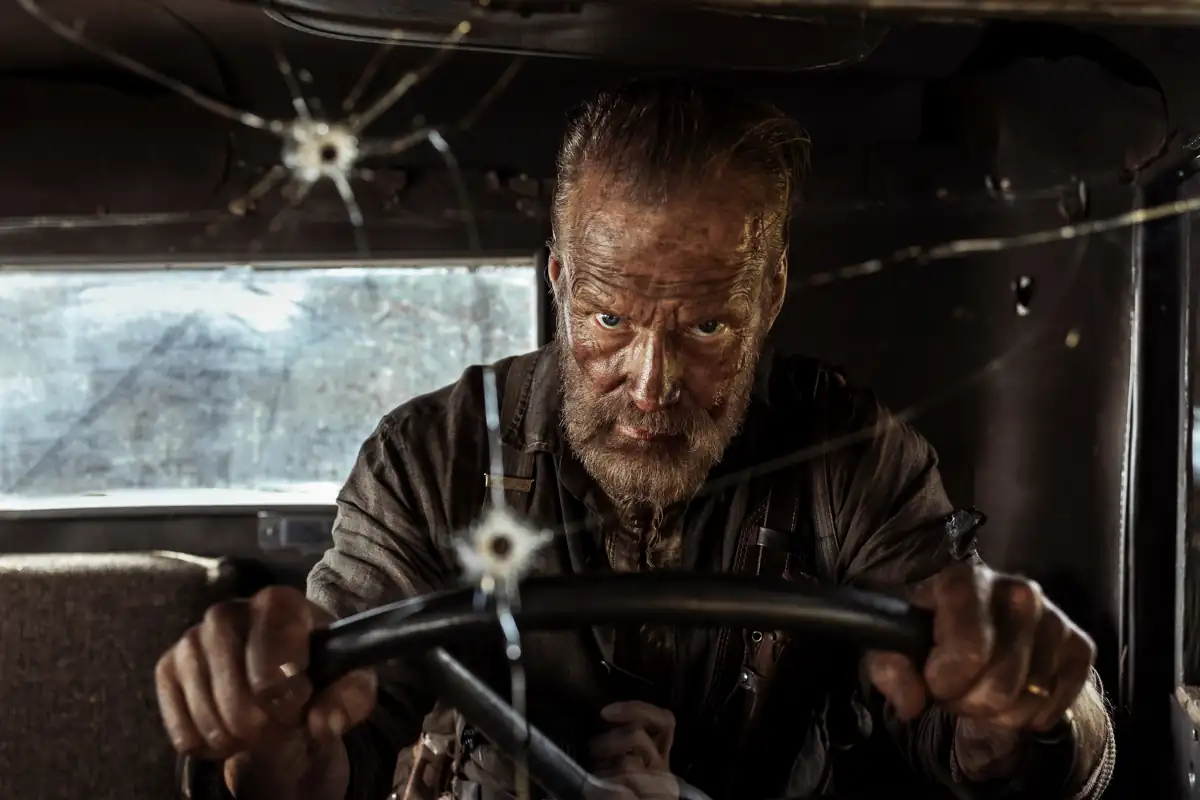Are We Good? is a portrait of Marc Maron. It mainly chronicles the devastating loss of his then-partner Lynn Shelton, who passed away suddenly during the COVID-19 pandemic. Shot over the course of three years, it intimately follows Maron through his process of grief, and how he began to pick up the pieces in the years that followed.
In a way, it feels ghoulish to give something this personal a rating. "Well done, thanks for baring your soul, three stars." But I doubt Maron would care, or at least that's the image I get from the documentary. How much of that is true is a mystery, as Maron plays his cards close to the chest. Even when he tells of something hugely personal to director Steven Feinartz, it feels as if this too is part of the work. Like he's getting a feel for a joke years in advance.
Part of the problem is that Feinartz's portrait is too eager to explore every aspect of Maron's life that it becomes unfocused. The framing is the loss of Shelton, but Are We Good? is also about Maron turning 60, his life outside of comedy, his podcast, his aging father, his relationship with other comics, his youth in Los Angeles. Name a topic and Feinartz pursues it.
Maron, for his part, doesn't help. He seems annoyed that we're even here. Maybe that's part of the act or the guards he's put up to make sense of things. Maybe it's just a parasocial reading by someone taught by a hyper-connected society that we can figure out a person through highly selective video footage seen in bits and pieces halfway around the world.
The truth is that I don't know Marc Maron. I've learned about as much about him from Are We Good? as I would have from listening to his podcast. If you're already a fan of his, chances are all of this is familiar ground. Everyone involved seems annoyed to a certain extent. Like they don't want to say anything that'll upset Maron, even if it's something nice.
So, for around 100 minutes, Feinartz does a weird dance around his subject. A kind of ritual poking of the bear to see which prod will finally elicit a reaction. Maron occasionally opens up, only to clam up again without much fuss or interjection from the director. Granted, it's meant to be a portrait, but you'd think that during three years together there would be a moment where passivity becomes a crutch.
And yet I'm not entirely convinced this is a bad film. There is a point to be made, no matter how ethereal. In the end, where Maron celebrates his sixtieth, with a new special on the way, it does feel like we're witnessing steps towards healing. I'm not entirely convinced it's for us to see, but that's another matter entirely.
Perhaps accidentally, Feinartz captures an elusive moment where Maron's armor cracks, and even if it feels sappy and hackneyed, it earns an answer to the grumpy sign-off that serves as the documentary's name.













